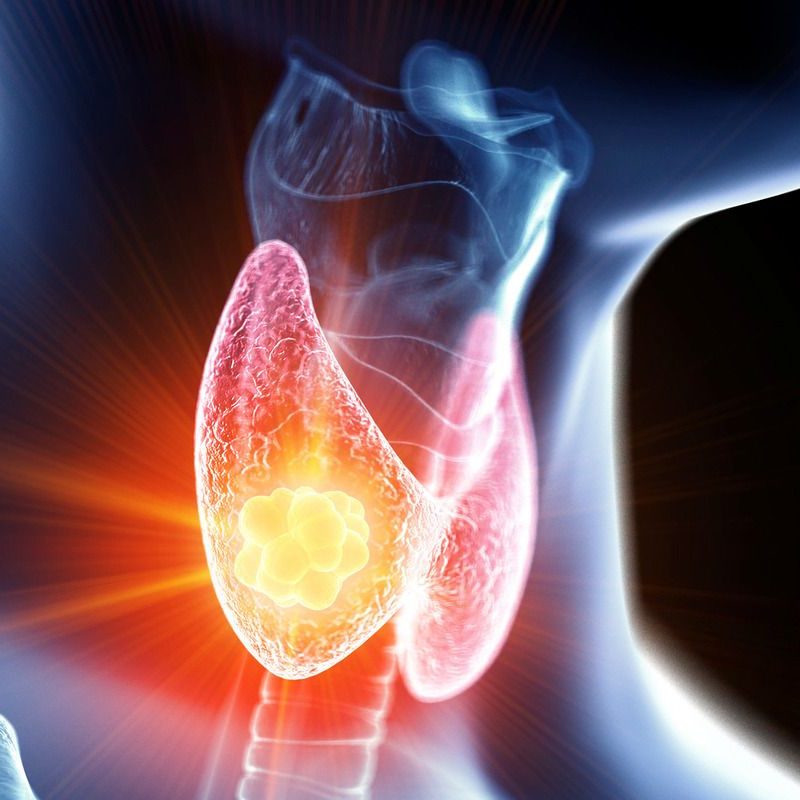
Consult Dr. Shree Rao - Best Thyroid Surgery Specialist in Hyderabad
Thyroid Surgery by EarSurgeon, Dr. Shree Rao
Welcome to EarSurgeon, where you can trust in the expertise of Dr. Shree Rao for all your ear health needs. Dr. Shree Rao is a highly skilled ear surgeon with extensive experience in thyroid surgery. With her specialized knowledge and compassionate approach, Dr. Shree Rao is dedicated to providing top-notch care to her patients, helping them achieve optimal ear health and improve their quality of life.
Request an Appointment
WHAT IS THYROID?
Thyroid is a butterfly shaped structure present in the lower part of our neck just in front of the trachea or the windpipe. It consists of two lobes – right and left, joined by a narrow strip of tissue called Isthmus. Thyroid is basically an endocrine gland present in all human beings from the time of birth.

WHAT ARE THE FUNCTIONS OF THE THYROID GLAND?
Thyroid is a hormone producing gland. It produces and releases into our bloodstream, the thyroid hormones T3 and T4 which are mainly responsible for regulating the metabolism of our body. Whenever the body needs more energy, the thyroid gland produces more hormones.
T3 and T4 help maintain the body weight and temperature and aid in the proper growth and development of an individual. They also control the central and peripheral nervous systems i.e.
the brain and the spinal cord. They regulate the heart rate as well as the breathing pattern. In women they play a crucial role in regulating the menstrual cycles.
This is the reason why, when we consult a doctor with complaints regarding unexplained thinning of hair, facial puffiness, abnormal weight gain or weight loss, excessive bleeding or irregular periods,
the first test that the doctors prescribe is the Thyroid Function Test (TFT), says ENT Specialist Dr. Shree Rao.
WHAT IS ABNORMAL THYROID OR THYROID DISEASE?
Thyroid problems can be classified as Functional abnormalities and Structural abnormalities, explains Ear Surgeon, Dr. Shree Rao.
FUNCTIONAL ABNORMALITIES
Functional abnormalities are of two types. Hypothyroidism and Hyperthyroidism.
At times, the Thyroid gland underperforms and there is a marked decrease in its hormone production. This condition, termed as Hypothyroidism, is very common and can be seen in about 11%
of the Indian population.
In some people, the Thyroid gland becomes overactive or hyperactive and produces hormones much in excess of what is required by the body. This condition is called Hyperthyroidism.
STRUCTURAL ABNORMALITIES
The most common structural abnormality of the Thyroid gland is enlargement or Goiter. Sometimes multiple nodules or multiple bumps appear in the thyroid gland making it seem larger – this is known as Multinodular Goiter.In some cases, diseased cells
can lead to Thyroid Cancer.
WHAT ARE THE SYMPTOMS OF AN OVERACTIVE OR UNDERACTIVE THYROID GLAND?
According to Dr. Shree Rao, Ear Surgeon, thyroid problems manifest differently in hypothyroidism and hyperthyroidism.
In case of underactive thyroid gland i.e. Hypothyroidism, the symptoms include:
- Abnormal weight gain
- Reduced appetite
- Feeling of dullness
- Signs of depression
- Lack of concentration
- Excessive fatigue
- Thinning of hair
- Facial puffiness
- Dry skin
- Constipation etc.
In case of overactive thyroid i.e. Hyperthyroidism, the symptoms are:
- Anxiety and irritability
- Disturbed sleep & insomnia
- Restlessness
- Unexplained weight loss
- Intolerance to heat
- Swollen lymph nodes
- Pain or discomfort in the neck
- Difficulty in breathing
- Difficulty in swallowing
- Changes in voice or hoarseness etc.
Women may also observe missed periods and inability to conceive apart from many of the above symptoms, adds Dr. Shree Rao.

About Dr. Shree Cuddapah Rao
Consult Dr. Shree Rao - Best Thyroid Surgery Specialist in India
Dr. Shree Cuddapah Rao is acclaimed as one of the best thyroid surgery specialists in Hyderabad. With 10+ years of deep domain experience in the field of ENT, she is the director at Dr. Rao’s ENT Super Specialty International Hospital.
Dr.Shree Rao underwent specialized training in Rhinoplasty / Facial Plastic surgery at Singapore General Hospital, Singapore. She also underwent advanced training in cochlear implant surgery under Padmashri Dr. Milind V Kirtane and has a Fellowship in cochlear implant. Having performed over 200 successful cochlear implants for patients from all over the world, Dr. Shree Cuddapah Rao is also the recipient of several prestigious accolades in the domain of ENT and considered as the best Cochlear Implant Surgeon in India.
Patient Testimonials
General FAQ
Dr. Shree C Rao the best Cochlear Implant Surgeon can be consulted on all days except Wednesday, subject to appointment availability. For checking availability, reach out to us over WhatsApp by clicking here or Enquiry form here.
Yes, one can opt for online consultation while getting an appointment.
Yes, International patients can consult Dr. Shree Rao virtually.
Are you looking for
then you have reached the right place!

